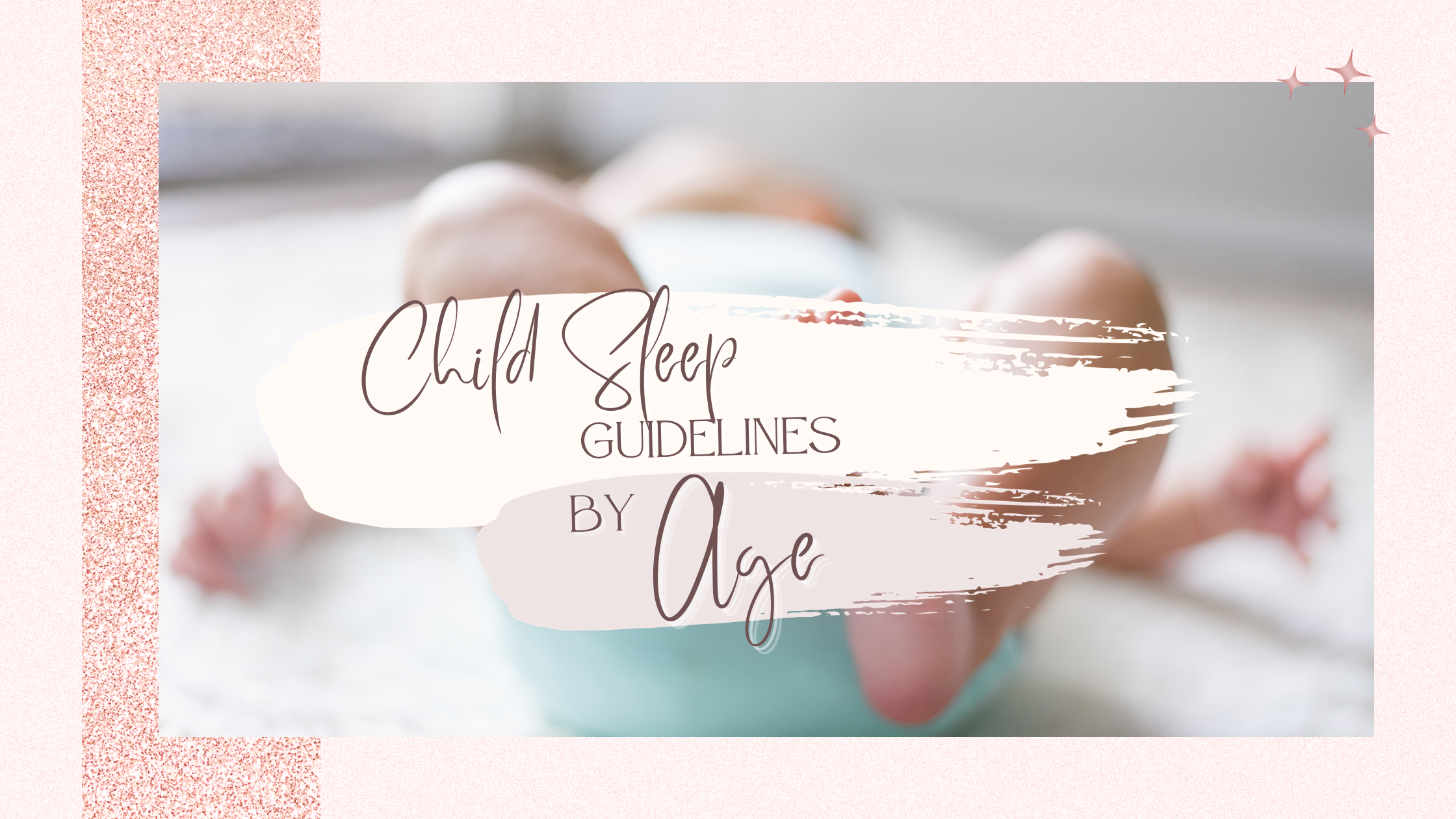Revealing Healthy Sleep: Recommended Hours for Children at Every Age
In the journey of parenting, there's a universal truth: sleep is a precious commodity. From the early days of infancy to the toddler years, understanding how much sleep your child needs is crucial for their overall health and development. In this comprehensive guide, we'll explore the recommended sleep hours for children across different age groups, from newborns to preschoolers. It's important to note that while these guidelines provide valuable insights, each child is unique, and their sleep needs may vary slightly. Think of these recommendations as a compass to help navigate the often-dizzying world of children's sleep patterns.
0-3 Months: The Sweet Slumber of Newborns
Newborns, in their delicate transition to the world, spend the majority of their time sleeping. The recommended sleep duration for infants aged 0-3 months falls between 14 to 17 hours per day. These hours are divided between nighttime sleep and daytime naps. At this stage, a newborn's sleep pattern is still unorganized, and they wake frequently for feedings, diaper changes, and cuddles. The majority of their sleep occurs during the day, as their tiny tummies need regular nourishment.
4-11 Months: Navigating the Sleep Shift
As your baby enters the 4-11 month stage, sleep patterns start to take shape. The recommended sleep duration during this period ranges from 12 to 15 hours per day. The majority of sleep hours should still be dedicated to nighttime sleep, which usually lasts around 9 to 12 hours. As your baby grows, daytime naps become more structured, typically consisting of 2-3 naps totaling 3-4 hours.
1-2 Years: Embracing Toddler Sleep
Toddlers aged 1-2 years typically require 11-14 hours of sleep per day. This includes nighttime sleep and 1-2 daytime naps. Nighttime sleep remains the cornerstone of your toddler's sleep schedule, typically ranging from 11 to 12 hours. Daytime naps can vary in duration, but their total sleep hours should fall within the recommended range.
3-5 Years: Preschooler Sleep Needs
Preschoolers aged 3-5 years thrive on 10-13 hours of sleep each day. Nighttime sleep should account for about 10-12 hours, while daytime naps become less frequent but still play a vital role in a preschooler's sleep routine. At this stage, it's common for children to take a single afternoon nap lasting 1-2 hours.
The Night Sleep vs. Naps Dilemma
One essential aspect to remember is that night sleep and naps serve different purposes and are not interchangeable. Nighttime sleep is crucial for several reasons, including the release of growth hormones, memory consolidation, and emotional regulation. Growth hormone, for instance, is primarily released during deep sleep phases at night, contributing to a child's physical development.
Daytime naps, on the other hand, offer a quick recharge and support mood stabilization. They're essential, especially for younger children, as they prevent overtiredness, which can lead to night awakenings.
Conclusion
In the world of parenting, a good night's sleep for your child often translates to a peaceful night for you. Understanding the recommended sleep hours for each age group, along with the division of those hours between nighttime sleep and daytime naps, is a valuable tool in nurturing your child's growth and well-being. Remember that these are guidelines, and individual variations are entirely normal. Observing your child's sleep cues and fostering a consistent bedtime routine will go a long way in ensuring they get the restorative sleep they need to thrive. Sweet dreams for your little one, and a restful night for you!


